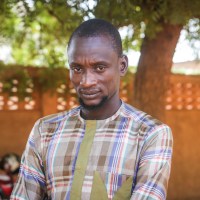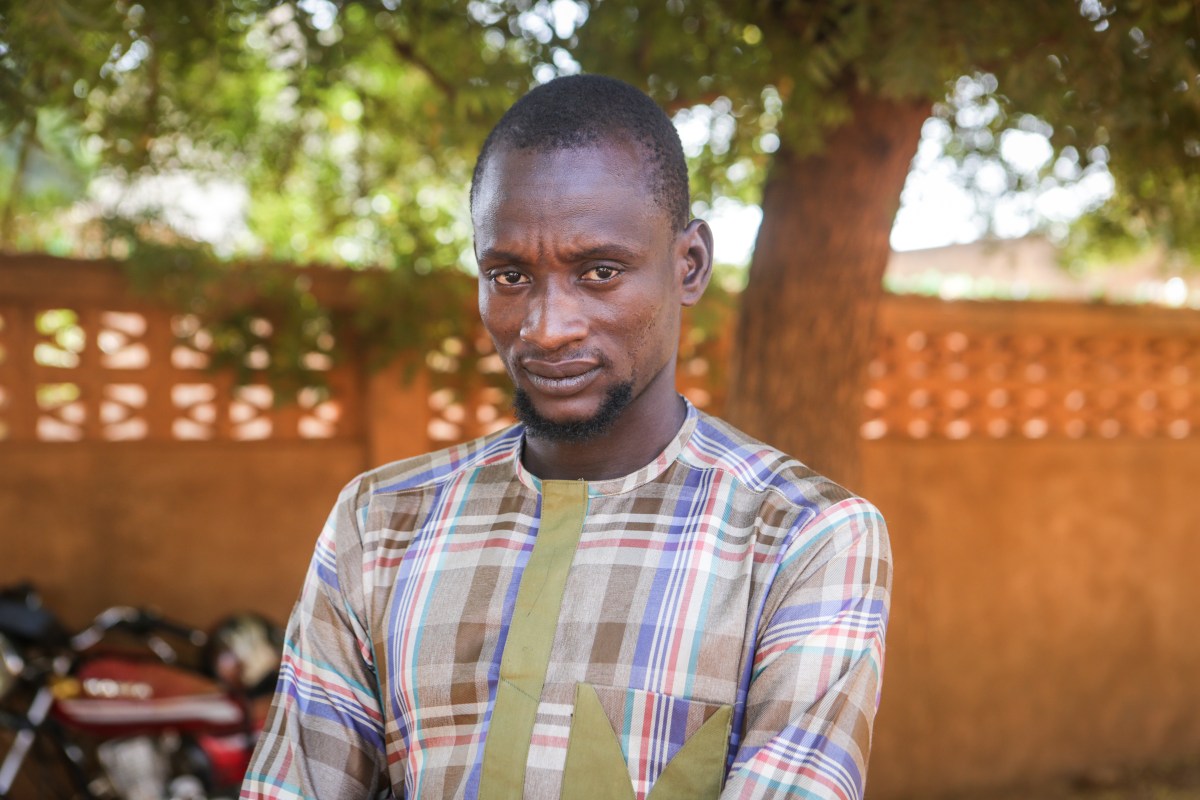The staccato rhythm of hammers fills the air. In this metal workshop in Niger, Soumana, part of a diverse group of iron workers, races against the clock to fill orders. Not that long ago, this scene would have been unimaginable. Non-state armed groups launched attacks near Niger’s borders with Mali and Burkina Faso, burning schools, destroying vital public infrastructure, and decimating livelihoods. Cross-border violence fueled the cross-border circulation of weapons. As people grew wary, fear of “the other” divided communities along ethnic, occupational, community affiliation, and other identity lines.
Non-state armed groups travel by motorcycle. “If someone repaired a motorcycle for armed groups, it could lead to an entire community being singled out,” Soumana explained. In an effort to keep the community safe, the local government banned motorcycles. But for mechanics like Soumana, this ban plunged him into hardship. Like many others, he lost his job, and the local economy shifted toward a logic of survival. “I saw many young people joining armed groups or providing them with food or gasoline to earn some money,” Soumana said.
Peacebuilders like you saw what was happening and responded. Through the Mu Gina Gobe* project, we brought diverse communities, the local government, and security forces together to address security issues, receive conflict resolution training, and implement stabilization projects focused on health, education, agriculture, livestock, natural resource management, and livelihoods using our Common Ground Approach.
The foundation of the Common Ground Approach is to gather people from across dividing lines and encourage them to identify a shared goal. By working together to accomplish that goal, people in conflict begin to trust one another, which encourages further collaboration. Because everyone wants to achieve the same goal, they are interested in maintaining a peaceful status quo.
As pressure to support armed groups mounted, Soumana and the other young people who had lost their jobs due to the motorcycle ban wanted livelihoods. The local government wanted the motorcycle ban to be upheld to deter non-state armed groups from attacking local communities. The security forces wanted to keep people safe. Developing livelihoods was a shared goal to which everyone agreed.
Soumana joined 60 young people from diverse backgrounds to receive training in a trade of their choice. “What struck me was that Search’s team first asked what we wanted and needed. Nothing was imposed on us. So I chose to learn how to weld,” Soumana explained. “It was the first time we were asked to mix and work together. So each learning group included youth from each community.” After participants finished training, they received support and equipment to start new businesses. Through the Mu Gina Gobe project, 122 income-generating activities benefitting 760 young people were set up.
After training in conflict transformation and the Common Ground Approach, Soumana and the young people he learned alongside became peace ambassadors within their communities, further building up local capacity. “Back home, we would share what we learned and raise awareness among other young people on conflict prevention.” People from different identity groups began mixing and interacting with one another. “No one attended weddings of certain communities. Now, everyone contributes and celebrates together,” Soumana reported.
Reflecting on his experience with Mu Gina Gobe, Soumana beams. His next goal is to hire other young people to work in his iron workshop to keep them “away from armed groups.” Using what he’s learned about conflict transformation, Soumana is building a more peaceful tomorrow.
*Mu Gina Gobe means Building Tomorrow in Hausa, the local language in Niger.
This Giving Tuesday, Put People First


